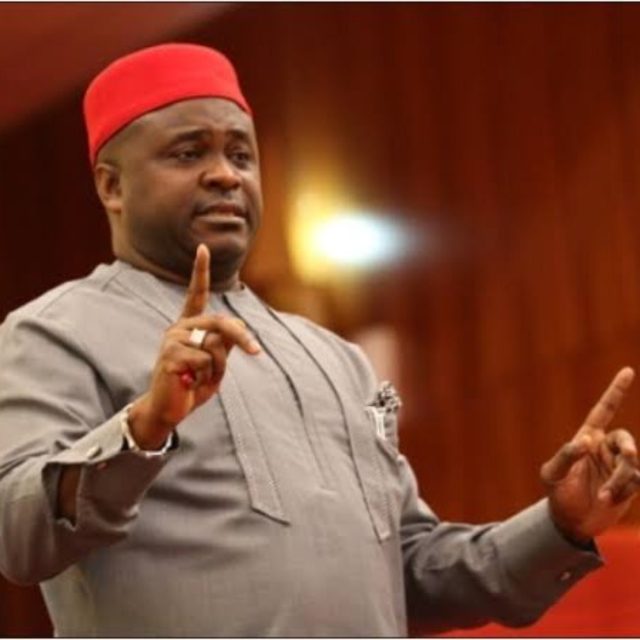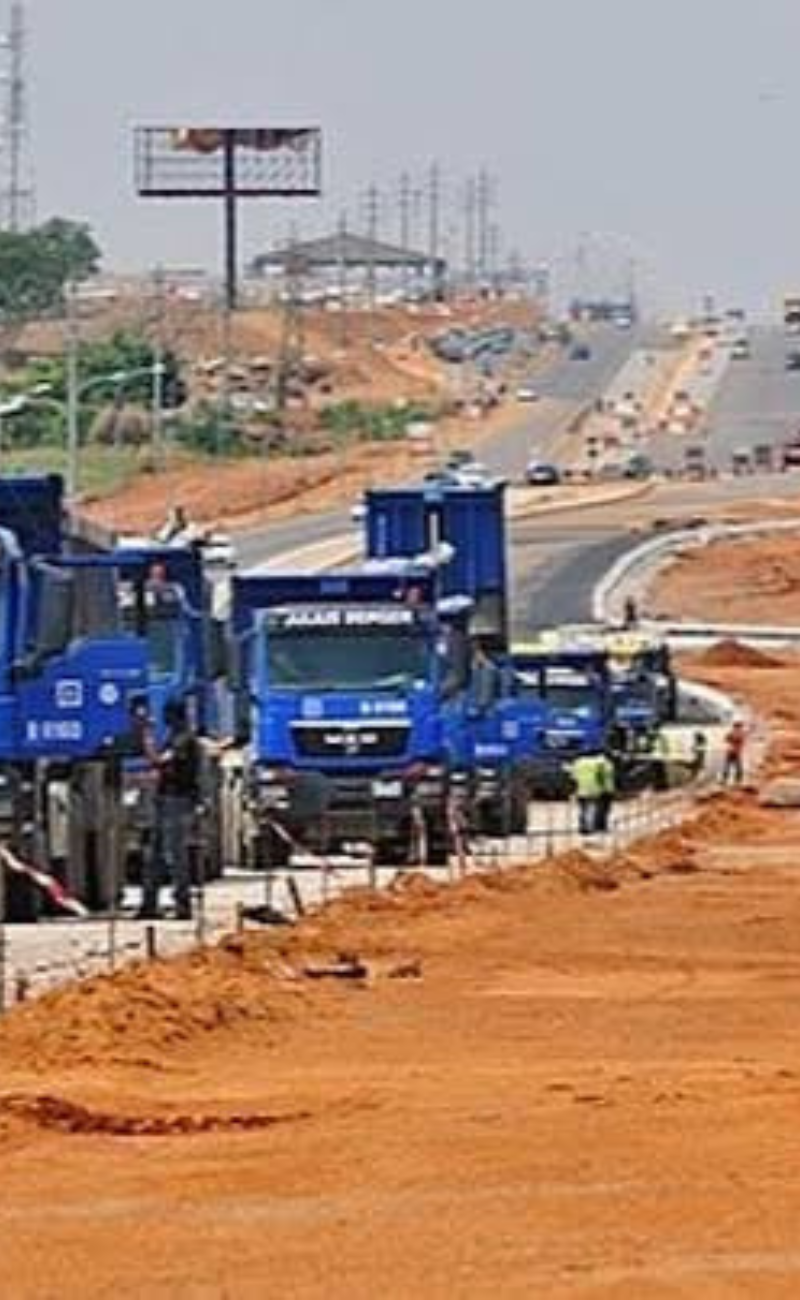Senate adopts 16-point recommendations of Adhoc Committee on Oil Lifting, Theft and the impact on Petroleum Production and Oil Revenues; report fails to indict any individual or corporate entity for economic sabotage

An Adhoc Committee set up by the Senate for a thorough investigation on oil theft, and consequent damage to the nation’s economy on Tuesday said Nigeria lost a whopping $2 billion (equivalent to N1.3 trillion) to oil theft between January and August this year.
Despite this, in its consideration and adoption of the Committee’s report and far-reaching recommendations for stemming the tide, the Red Chamber failed to indict any individual or corporate entity for economic sabotage.
The Senate on April 14, 2022, had constituted a 13-member Adhoc Committee on Oil Lifting, Theft and the impact on Petroleum Production and Oil Revenues under the chairmanship of Senator Bassey Albert Akpan, who doubles as Chairman of the Senate Committee on Petroleum (Upstream).
READ ALSO: Oil Theft: Senate Committee members disown final report
In one of its findings, the committee said: “Nigeria lost over $2billion to oil theft between January and August 2022, with consequent loss of revenue that would supported the country’s fiscal deficits and budget implementation.”
According to the report, concerted efforts are being made against the crime by all stakeholders and have started yielding results, with Forcados Terminal producing 500,000 barrels per day now, as against zero production in the first six months of the year.
The report also indicated that Bonny Terminal is producing 87,000 barrels of oil per day now, as against zero production recorded a couple of months ago, due to activities of economic saboteurs.
Parts of the 16-point recommendations of the committee as adopted by the Senate include that the Nigerian National Petroleum Company Limited (NNPCL) should stop undermining the Nigerian Upstream Petroleum Regulatory Commission (NUPRC) and the Nigerian Midstream and Downstream Petroleum Regulatory Authority (NMDPRA) from performing their functions.
READ ALSO: FCT Solar Panels: Senator Adeyemi laments vandalisation of newly-installed utilities
“That provisions of the Petroleum Industry Act (PIA), should be adhered to by NNPCL as regards functions of the established agencies.
That there is a need for immediate streamlining of agencies present at the terminals in line with the relevance of their PIA-delineated Upstream and Midstream/Downstream statutory functions;
That NUPRC should fast-track the upgrade of the National Production Monitoring Systems (NPMS) to enable Real Time Monitoring of Flow Station and Terminal activities;
That NUPRC should expedite the deployment and strict enforcement of the Advance Crude Oil Cargo Declaration solution for detection and mitigation of illegal movement of vessels to ensure adequate revenue generation and optimal crude oil production;
That the Bureau of Public Procurement should expedite all processes of procurement for NUPRC in ensuring immediate deployment of an online real-time monitoring system by the commission across all upstream oil and gas production platforms for accuracy in measuring production volume by producers;
That NUPRC should resume full regulatory oversight of all existing crude oil terminals in Nigeria, including integrated ones, crude oil pipelines, issuance of loading clearance and processing of export permit in line with section 8(d) of the PIA, as regulatory activities at crude oil terminals are interdependent and contingent;
That curtailing crude oil theft should be a collective responsibility through report of illegal activities and transactions to appropriate authorities by well-meaning Nigerians.
READ ALSO: Subsidy Probe: Again, Finance Minister absent; Reps summon Sahara Energy
The report also frowned at undue interference of the Minister of State in the operations of NUPRC, as shown with letters made available to it by the agency and stressed that both the Minister and NNPCL should allow PIA to function.
“The PIA as signed into law by the President, must be allowed to function by all stakeholders in the sector as any amendment on it now, will send wrong signals to the International community,” the report read.



